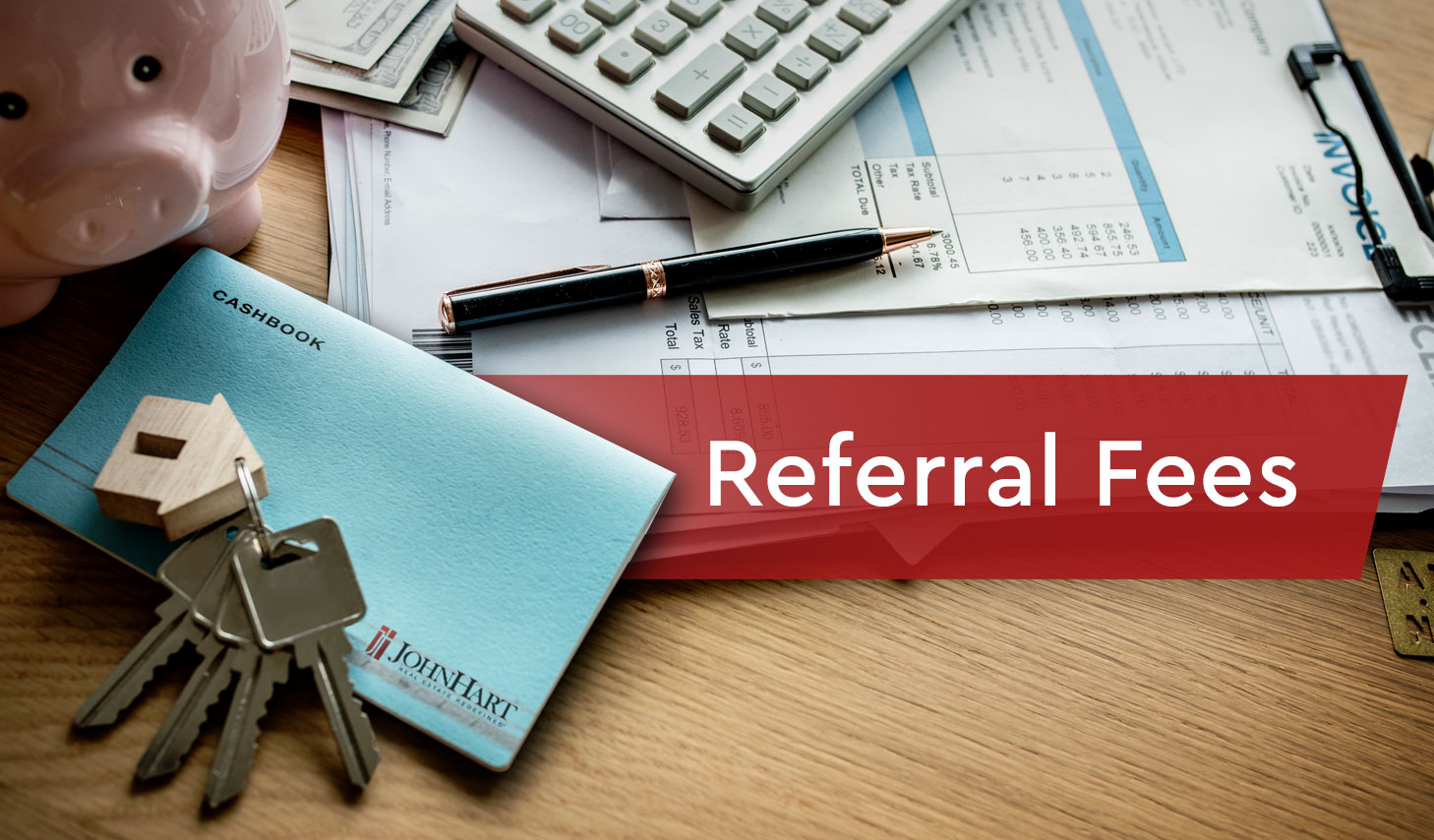
If you're interested in getting a real estate license in Illinois, you'll want to learn about the requirements. These include the Exam as well as the requirements for a license and the requirements to become a leasing agent. You can also learn about the steps to apply for your license. Learn how much it costs to get your license.
Exam requirements
The Illinois real estate licensing exam is a multiple-choice exam that consists of two parts: a national test and a state-specific test. Each test has about 140 questions. Five of these are experiment questions. Each section's questions are different in difficulty. The passing score on each portion of the exam is 75. The exam requires approximately four hours to complete. It is important you study for the exam as thoroughly as possible.

A typical 90-hour pre-licensing course includes 75 credit hours of textbook material and 15 credit hours of interactive study. There are many different types of programs available. These include fast-paced, daytime and evening classes. Self-study courses are also available. To obtain a Illinois real estate license, self-study courses require a minimum score.
License requirements for Leasing Agent
Before you can become a Illinois leasing agent, you need to meet certain requirements. First, you need a broker’s license. This license allows landlords and tenants to be represented. You can then work for a real estate broker and lease residential property.
In order to become a licensed leasing agent, they must also pass the licensing exam in their state. Pre-test questions, scenario questions, as well as scored questions are all part of the exam. To become an Illinois licensed leasing agent, you must score at least 75 percent. The entire exam takes two and half hours.
Steps to apply Illinois Real Estate License
You must first obtain a license from Illinois' Division of Real Estate before you can start practicing real estate in Illinois. The state requires applicants must complete a pre-license education course within two years, and pass the state’s exam, administered through PSI. A sponsoring managing broker is required for all applicants to a license. The sponsoring broker should sponsor the applicant's licensing application.

It can take up to six months to license as a real estate agent in Illinois. This is due to the fact that you must complete a 75 hour pre-license course at an approved real-estate school. Take a free trial online course if you are unsure which school to attend.
FAQ
What flood insurance do I need?
Flood Insurance protects you from flooding damage. Flood insurance protects your possessions and your mortgage payments. Learn more about flood coverage here.
How do I eliminate termites and other pests?
Your home will eventually be destroyed by termites or other pests. They can cause serious damage to wood structures like decks or furniture. This can be prevented by having a professional pest controller inspect your home.
What are the drawbacks of a fixed rate mortgage?
Fixed-rate loans tend to carry higher initial costs than adjustable-rate mortgages. A steep loss could also occur if you sell your home before the term ends due to the difference in the sale price and outstanding balance.
How can I tell if my house has value?
If your asking price is too low, it may be because you aren't pricing your home correctly. Your asking price should be well below the market value to ensure that there is enough interest in your property. Our free Home Value Report will provide you with information about current market conditions.
How much money should I save before buying a house?
It all depends on how many years you plan to remain there. You should start saving now if you plan to stay at least five years. If you plan to move in two years, you don't need to worry as much.
What are the most important aspects of buying a house?
The three main factors in any home purchase are location, price, size. Location refers to where you want to live. The price refers to the amount you are willing to pay for the property. Size is the amount of space you require.
How much money will I get for my home?
The number of days your home has been on market and its condition can have an impact on how much it sells. According to Zillow.com, the average home selling price in the US is $203,000 This
Statistics
- It's possible to get approved for an FHA loan with a credit score as low as 580 and a down payment of 3.5% or a credit score as low as 500 and a 10% down payment.5 Specialty mortgage loans are loans that don't fit into the conventional or FHA loan categories. (investopedia.com)
- Over the past year, mortgage rates have hovered between 3.9 and 4.5 percent—a less significant increase. (fortunebuilders.com)
- Some experts hypothesize that rates will hit five percent by the second half of 2018, but there has been no official confirmation one way or the other. (fortunebuilders.com)
- This seems to be a more popular trend as the U.S. Census Bureau reports the homeownership rate was around 65% last year. (fortunebuilders.com)
- This means that all of your housing-related expenses each month do not exceed 43% of your monthly income. (fortunebuilders.com)
External Links
How To
How to Manage a Rent Property
Although renting your home is a great way of making extra money, there are many things you should consider before you make a decision. This article will help you decide whether you want to rent your house and provide tips for managing a rental property.
Here are the basics to help you start thinking about renting out a home.
-
What do I need to consider first? Before you decide if you want to rent out your house, take a look at your finances. You may not be financially able to rent out your house to someone else if you have credit card debts or mortgage payments. Check your budget. If your monthly expenses are not covered by your rent, utilities and insurance, it is a sign that you need to reevaluate your finances. You might find it not worth it.
-
How much is it to rent my home? Many factors go into calculating the amount you could charge for letting your home. These factors include the location, size and condition of your home, as well as season. Keep in mind that prices will vary depending upon where you live. So don't expect to find the same price everywhere. Rightmove shows that the median market price for renting one-bedroom flats in London is approximately PS1,400 per months. If you were to rent your entire house, this would mean that you would earn approximately PS2,800 per year. That's not bad, but if you only wanted to let part of your home, you could probably earn significantly less.
-
Is it worthwhile? There are always risks when you do something new. However, it can bring in additional income. Be sure to fully understand what you are signing before you sign anything. You will need to pay maintenance costs, make repairs, and maintain the home. Renting your house is not just about spending more time with your family. Before you sign up, make sure to thoroughly consider all of these points.
-
Are there any benefits? Now that you have an idea of the cost to rent your home, and are confident it is worth it, it is time to consider the benefits. Renting out your home can be used for many reasons. You could pay off your debts, save money for the future, take a vacation, or just enjoy a break from everyday life. It is more relaxing than working every hour of the day. If you plan well, renting could become a full-time occupation.
-
How do you find tenants? After you have decided to rent your property, you will need to properly advertise it. Make sure to list your property online via websites such as Rightmove. You will need to interview potential tenants once they contact you. This will help you evaluate their suitability as well as ensure that they are financially secure enough to live in your home.
-
How do I ensure I am covered? You should make sure your home is fully insured against theft, fire, and damage. Your landlord will require you to insure your house. You can also do this directly with an insurance company. Your landlord may require that you add them to your additional insured. This will cover any damage to your home while you are not there. This does not apply if you are living overseas or if your landlord hasn't been registered with UK insurers. You will need to register with an International Insurer in this instance.
-
It's easy to feel that you don't have the time or money to look for tenants. This is especially true if you work from home. You must put your best foot forward when advertising property. It is important to create a professional website and place ads online. Additionally, you'll need to fill out an application and provide references. Some prefer to do it all themselves. Others hire agents to help with the paperwork. In either case, be prepared to answer any questions that may arise during interviews.
-
What should I do after I have found my tenant? You will need to notify your tenant about any changes you make, such as changing moving dates, if you have a lease. You may also negotiate terms such as length of stay and deposit. Remember that even though you will be paid at the end of your tenancy, you still have to pay utilities.
-
How do you collect the rent? When the time comes to collect the rent, you'll need to check whether your tenant has paid up. If your tenant has not paid, you will need to remind them. Any outstanding rents can be deducted from future rents, before you send them a final bill. If you're having difficulty getting hold of your tenant you can always call police. They won't normally evict someone unless there's been a breach of contract, but they can issue a warrant if necessary.
-
How do I avoid problems? Although renting your home is a lucrative venture, it is also important to be safe. You should install smoke alarms and carbon Monoxide detectors. Security cameras are also a good idea. Also, make sure you check with your neighbors to see if they allow you to leave your home unlocked at night. You also need adequate insurance. Finally, you should never let strangers into your house, even if they say they're moving in next door.